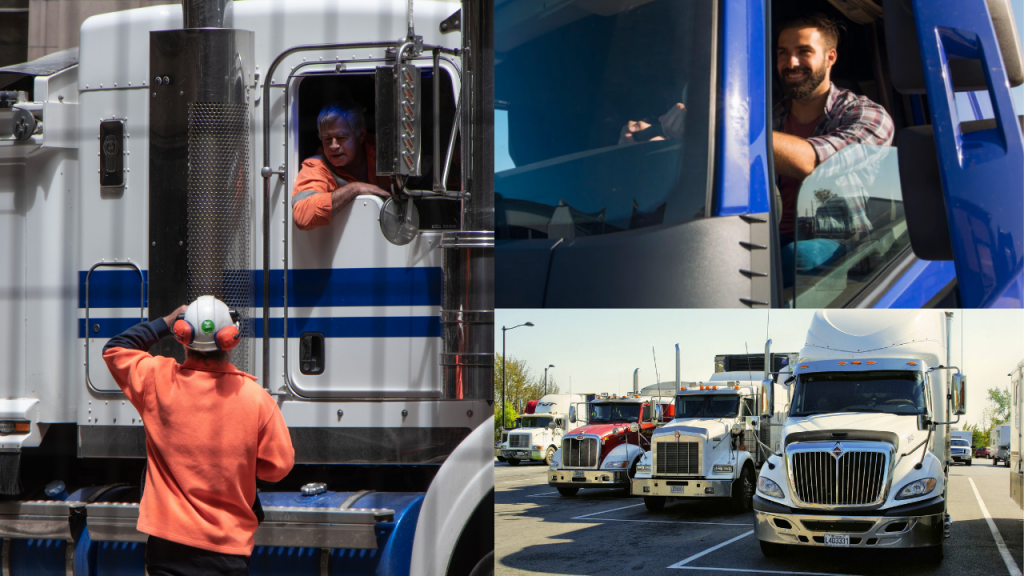6 Reasons Why Trucking Companies Force Drivers to Overwork
Truck accidents are rising all over the country. The primary reason for this rise in truck accidents is driver error. But drivers are not the only ones to blame. Trucking companies make these drivers overwork and violate certain laws. An overworked driver will not be vigilant when driving; thus, accidents happen.
The problem with truck accidents is that they cause enormous losses to the victims. The victims can file a lawsuit against the driver and the trucking company to recover these losses. However, winning a claim against corporate giants is not an easy task. You need to get help from a qualified attorney to sue a trucking company.
Here are six reasons why trucking companies force drivers to overwork.
- The High Demand for Trucking Services
The demand for trucking services has increased faster than the number of drivers. The demand is highest during peak season and on peak days when freight rates are highest. Even the casual drivers who prefer not to work or get paid by the mile are forced to work hard during those days because they need to make ends meet.
- To Compensate for Unexpected Delays or Challenges
Delays are common in driving jobs, especially when a long-haul driver is involved. They can easily spend more than five hours in traffic or waiting in line. Delays make it difficult for commercial drivers to finish their line haul or lease runs on time, resulting in forced overworking.
- The Need to Compete With Other Companies
Companies compete with one another for the best drivers and thus try to force them to work harder. The purpose of the competition is to win the business of freight carriers, and it drives the companies that monitor their workforce at least as hard. This leads the whole industry to adopt unhealthier practices, causing many drivers and companies to develop unhealthy behaviors.
- The Pressure to Meet Delivery Deadlines
The trucking companies that operate under contract with large freight carriers try to fulfill their obligations by scheduling enough drivers. The success of their businesses depends entirely on how well they meet the deadlines required by their customers. To be successful, they need to hire more drivers who work at a modest pace.
- The Need to Meet Performance Standards
Several companies that contract with freight carriers require their drivers to meet specific standards to continue driving for them. The need to provide a satisfactory service ultimately compels the companies to overwork their drivers. This applies to both casual and part-time drivers. According to a recent study, the average length of a full-time trucking company’s work day runs from 106 to 120 hours. Drivers who fail to meet the required standards are fired or forced to work overtime.
- The Need to Maximize Profits
The trucking companies that hire drivers and own trucks benefit from the situation. They can pay their drivers less. Because they control the workforce of their employees, they can make them work longer while paying them less. This ultimately maximizes profits for the companies at the expense of both their employees and customers.
The trucking industry should follow an alternative and more sustainable business model to ensure the long-term health of both drivers and freight carriers. The deployment of a workforce management system would help both the drivers and their employers to work safely. This will also lead to the reduction of overwork, which could be implemented in several ways, including driver scheduling programs that specifically address rest and recovery periods, remote monitoring of drivers’ work times, and incentivizing drivers who work fewer hours at a time.
